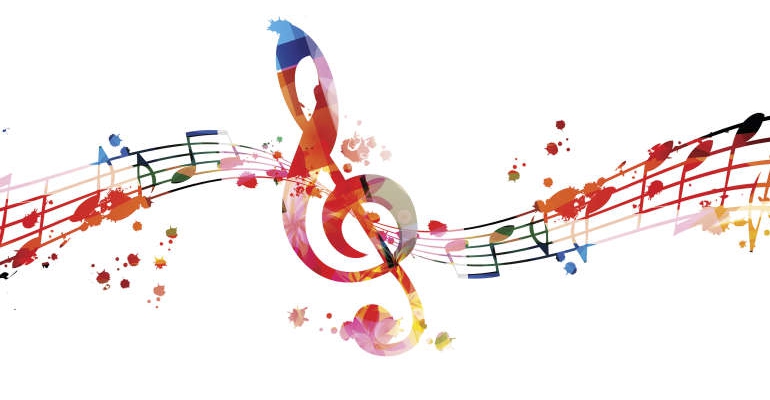
Tim Wilkins, a Service User Involvement Officer for Alzheimer’s Society in West Sussex writes about the benefits of ‘Singing for the Brain’
One thing I know for sure, is that most people feel uplifted by singing. Whether it’s an amateur choir, in the car, in the shower, or at Wembley Stadium concert, we all know that singing makes us feel good. However, do any of us truly appreciate how beneficial singing can be for our wellbeing?
For people with dementia, the Alzheimer’s Society’s Singing for the Brain groups deliver all kinds of fantastic benefits, from tackling social isolation, to activating long term memories, to enjoying a vibrant shared experience with care providers, friends, and family. Singing for the Brain is a proven way of supporting people living with dementia.
Dementia is caused when the brain is damaged by diseases, such as Alzheimer’s or a series of strokes. Alzheimer’s disease is the most common cause of dementia but not all dementia is due to Alzheimer’s. The specific symptoms that someone with dementia experiences will depend on the parts of the brain that are damaged and the disease that is causing the dementia.
Symptoms that may point towards a dementia diagnosis include an individual becoming significantly more forgetful to the extent that it affects daily life. This is especially true if you:
- Struggle to remember recent events, although you can easily recall things that happened in the past
- Find it hard to follow conversations or TV programmes
- Forget the names of friends or everyday objects
- Struggle to recall things you have heard, seen or read recently
- Regularly lose the thread of what you are saying
- Leave objects in unusual places (e.g., keys in a bathroom cabinet)
- Have problems thinking and reasoning
- Feel anxious, depressed or angry
This is not an exhaustive list of symptoms and some of these symptoms can point to other conditions, so it is important to contact your GP if you are concerned. Additionally, readers can call our Dementia Connect support line on 0333 150 3456, 7 days a week.
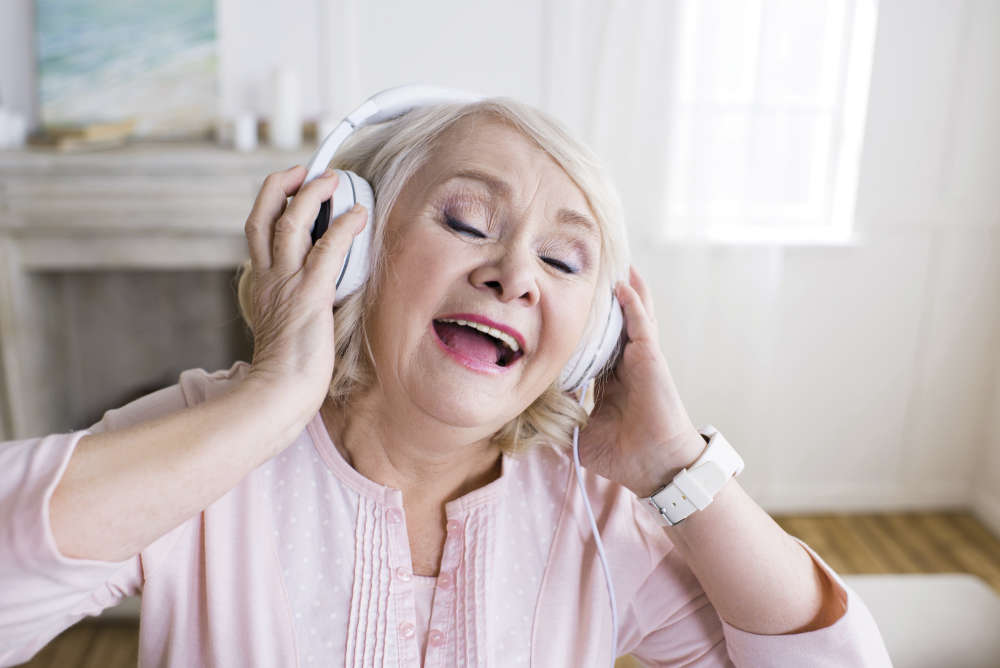
People with dementia have been very badly hit by coronavirus with many people significantly deteriorating from the isolating effects of lockdown. During the lockdowns I have been lucky enough to attend some of the virtual Singing for the Brain sessions set up by Rachel Riley from the Horsham Rusty Brains group.
Rachel told me, “Our Singing for the Brain sessions have been a real tonic over the past few months. They have given people something to look forward to and a chance to connect with others. We sing a variety of songs, some with actions, all chosen to give us a lift, and it is lovely to see people smiling when they are enjoying the music. Some attendees sing along, some are happy to listen, some join in with the actions and some move to the music in whatever way they feel comfortable. All in all, we have a lovely time.”
Music memory is often retained when other memories are lost. Singing for the Brain can help people, even in the advanced stages of dementia, to tap into long-term memories linked to music and song. For some, this can mean they can communicate through singing when they’re no longer able to do so through speech.
Alzheimer’s Society is now planning to resume local face-to-face support and group services including Singing for the Brain. As singing indoors in groups is considered higher risk, we are following government guidance on safer singing.
We know the positive effects Singing for the Brain has on people living with dementia, which is why we want even more people to benefit from the service. However, we can’t do this alone.
Alzheimer’s Society are looking for care providers, organisations, or individuals across Sussex with an interest in music, to unite with us and run their own group by becoming a Singing for the Brain delivery partner. Participants receive bespoke training, management and marketing tools to make the service more accessible for people to join.
If you are interested visit alzheimers.org.uk/singingforthebrain or email me at tim.wilkins@alzheimers.org.uk
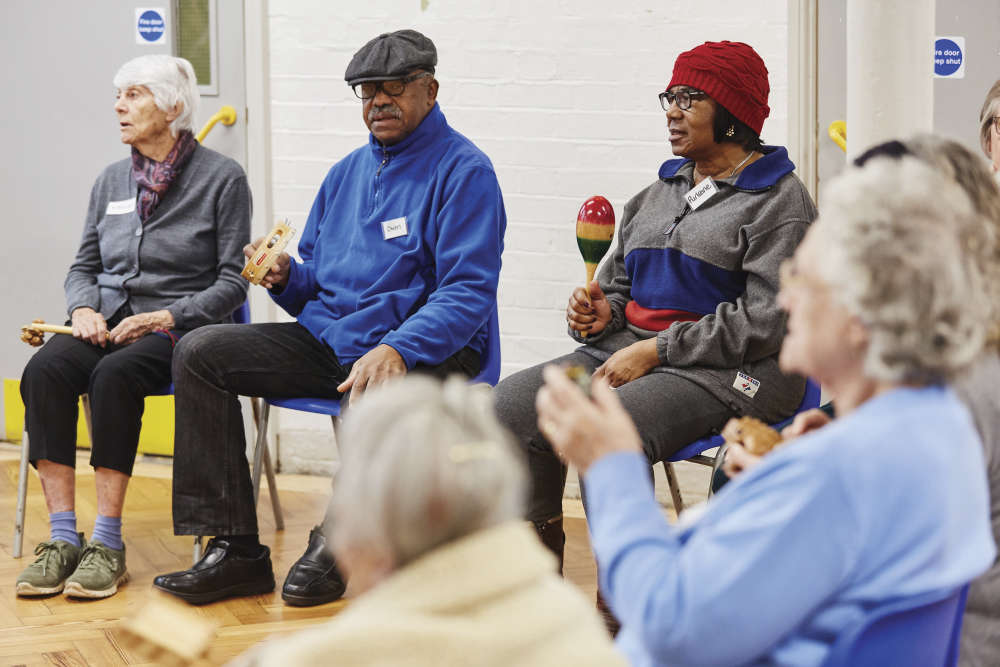

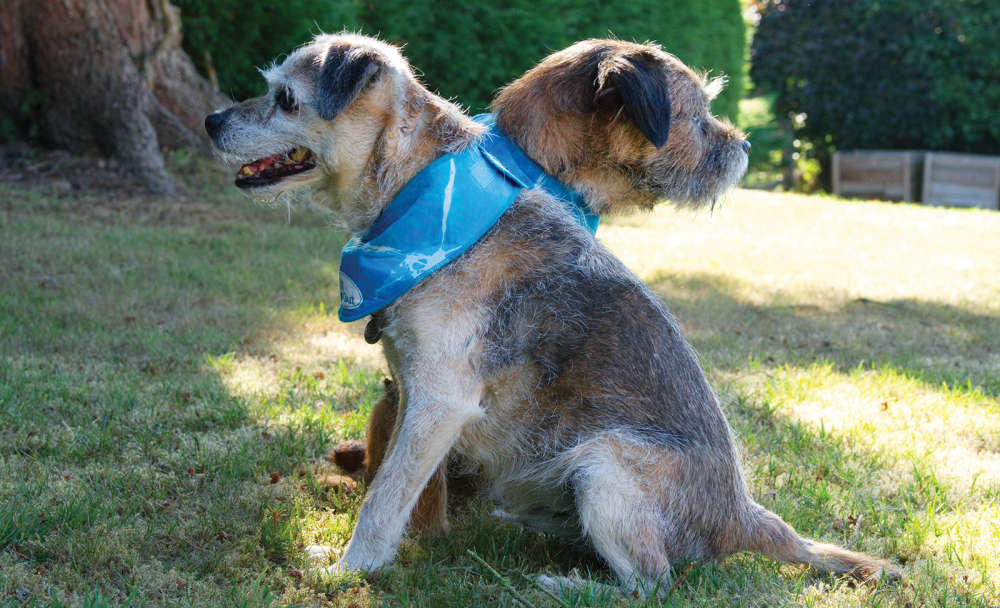 It's a Dog's Life: A Decade of Dog!
It's a Dog's Life: A Decade of Dog!
 December Book Reviews
December Book Reviews
 If You Ask Me: Flo’s Virtual Bookshop
If You Ask Me: Flo’s Virtual Bookshop
 Kids Zone: Christmas Traditions
Kids Zone: Christmas Traditions
 Book Reviews: November Novels... and more!
Book Reviews: November Novels... and more!
 What to Watch in October 2024
What to Watch in October 2024
 Kids Zone: Spooky Spider's Webs
Kids Zone: Spooky Spider's Webs
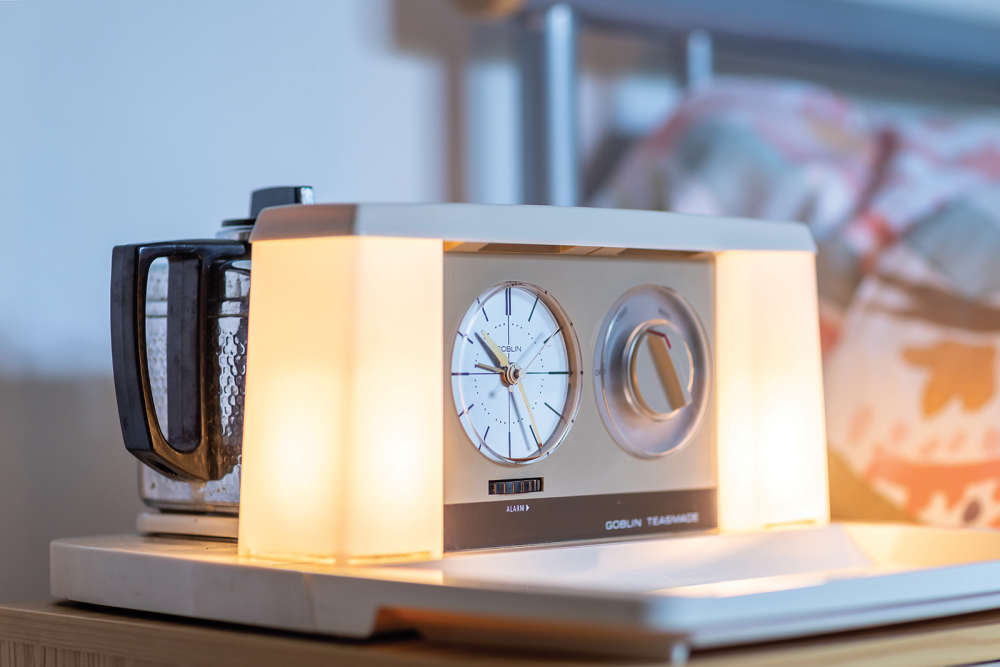 If You Ask Me: Humanity's Greatest Invention
If You Ask Me: Humanity's Greatest Invention
 If You Ask Me: A Desert Island Drag
If You Ask Me: A Desert Island Drag
 Kids Zone: Mud Kitchens
Kids Zone: Mud Kitchens
 What to Watch in July 2024
What to Watch in July 2024
 Kids Zone: Ice Block Treasure Hunt!
Kids Zone: Ice Block Treasure Hunt!
 What to Watch in June 2024
What to Watch in June 2024
 A Gourmet Escape on the Eurostar: London to Amsterdam with Culinary Delights in Almere
A Gourmet Escape on the Eurostar: London to Amsterdam with Culinary Delights in Almere
 If You Ask Me: Train Announcements Have Gone Off the Rails
If You Ask Me: Train Announcements Have Gone Off the Rails
 If You Ask Me... Never Argue with an Idiot
If You Ask Me... Never Argue with an Idiot
 Kids Zone: Mosaic Art
Kids Zone: Mosaic Art
 What to Watch in April 2024
What to Watch in April 2024
 If You Ask Me: The Jobsworth and the Frog
If You Ask Me: The Jobsworth and the Frog
 What to Watch in March 2024
What to Watch in March 2024